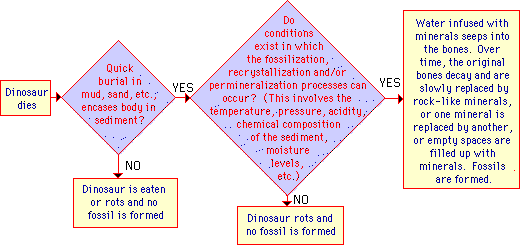The song of the bird serves a primal purpose, "to attract mates and [to] warn other males away from their territories." But how does this extend to our livelihood as humans? The congruencies are quite astounding.
Mark Twain states in his essay "Corn-Pone Opinions" that we know why people are affiliated with the people that surround them (democrats, republicans, thieves, monarchs, all of the religions):
"We know it is a matter of association and sympathy, not reasoning and examination; that hardly a man in the world has an opinion upon morals, politics, or religion which he got otherwise than through his associations and sympathies."For birds, they express their feeling through song (which have been passed down to them by their parents; similar to Twain's analysis of humans). The birds sing their songs in hope of finding more like themselves (quite possibly a pretty lady bird) and repel those who do not share their values.
//I have been trying to imagine an analogy for this reflection and what I am getting at is that every social clique is a species of bird.
Does this sound familiar to your life?, because it really is starting to remind me of mine. Do you seek relations with people who agree with you the most? This is something I want to coin as "low-entropy" relationships. We seek to create a world around ourselves, just as nature does, with low conflict (or chaos), an idea engrained in the Second Law of Thermodynamics. Naturally, harping your political, religious and moral opinions (whether they be your own or ones you inherited) will inherently repel or create conflict with those opposed (which is not sustainable), and attract those who are in support.
This is dangerous, and through history has shown to foster extremes. ie. congregating radicals and inevitably make them more radical...
Twain comments on the power of these principles
"They swarm with their party, they feel with their party, they are happy in their party's approval; and where the party leads they will follow, whether for right and honor, or through blood and dirt and a mush of mutilated morals."Be scared America, and be aware. There are dangers with accepting your animal ways. Is the song you're singing your own? Can you support your opinions, and do you know their origins? A bird may be locked into it's song (unless they are the Northern Mockingbird), but you are not. Pursue higher reason among your peers and evaluate yourself.



